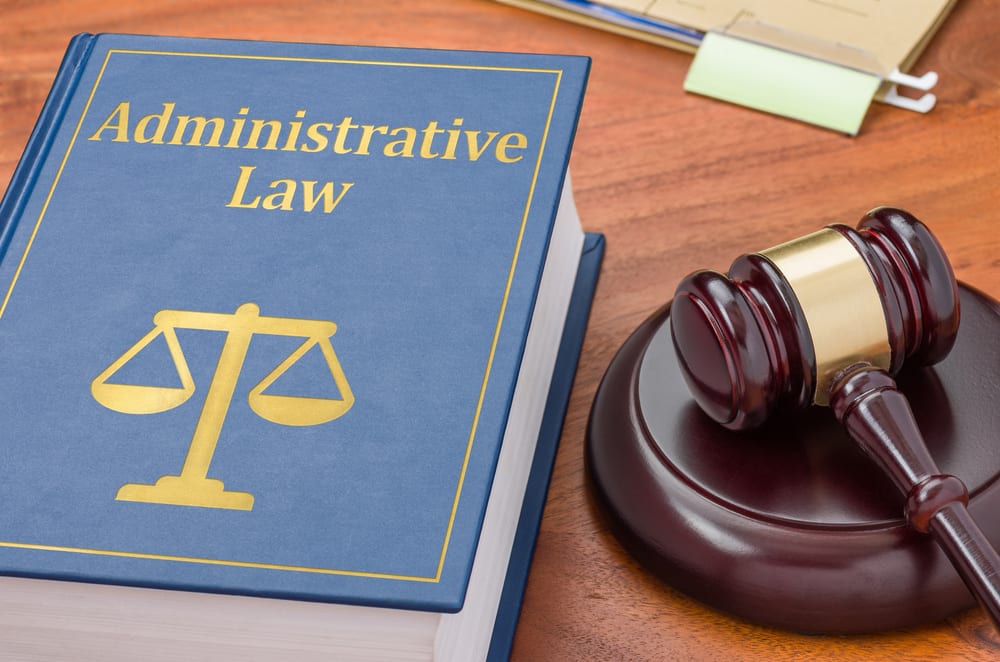BLOG: THE STATE TRIAL COURTS OF MICHIGAN
BLOG: THE STATE TRIAL COURTS OF MICHIGAN
There are many different courts and administrative tribunals in Michigan and depending on the type and size of your dispute, you can end up in many different places.
PERSONAL JURISDICTION:
Personal jurisdiction is the power a court has over an individual to make them answerable to a complaint filed in court. Personal jurisdiction can be general or limited (sometimes called “long arm” jurisdiction). If you reside in Michigan or a company conducts a regular part of its business in the state or is headquartered in the state, it is going to be subject to the general jurisdiction of a state court. An individual can bring a lawsuit against that Michigan resident or company even if that person doesn’t live in Michigan.
When an individual or a company does not reside in the state, but takes advantage of business opportunities or protections of the state, they may be subject to the limited personal jurisdiction of a court.
SUBJECT MATTER JURISDICTION:
Subject matter jurisdiction is the power a court has over the issue in dispute.
Depending on the issue involved, a person can end up in one of several state trial courts.
MICHIGAN STATE TRIAL COURTS
District Court and probate court are courts of ‘limited jurisdiction’. This means that it may only hear disputes that have been identified in the constitution or statutes passed by the legislature.
The district court will hear
1.Claims involving disputes that are $ 25,000.00 or less;
2.Civil infractions (civil claims between an individual and a city government);
3.Misdemeanors (crimes that are punishable by up to 1 yearincarceration)
3.Summary proceedings regarding enforcement or forfeiture of land contract and the recovery of the possession of property involving landlord tenant matters;
4.Small Claims Division
a.involves matters that do not exceed $ 6,000.00;
b.Representation by a lawyer is not permitted;
c.There is no right to a jury trial;
The probate Court will hear matters involving
1.wills, trusts, and distribution of property when someone passes;
2.guardianship and civil commitment proceedings for persons who are mentally ill or developmentally disabled and cannot care for themselves (this power is shared with the circuit court in some instances);
3.abuse and neglect petitions involving children.
The circuit court will hear matters
1.involving controversies in excess of $ 25,000.00;
2.all felonies (crimes punishable by more than one year);
3. appeals from district court, and administrative agencies
4.Family division which includes divorce, visitation, child custody, property division between spouses, adoption, name changes, minors and emancipation of minors;
5.Personal protection proceedings;
6.Equitable matters:
a. orders that direct individuals to perform specific acts or to cease certain conduct.
b.special powers to interpret and enforce contracts fairly.
451




